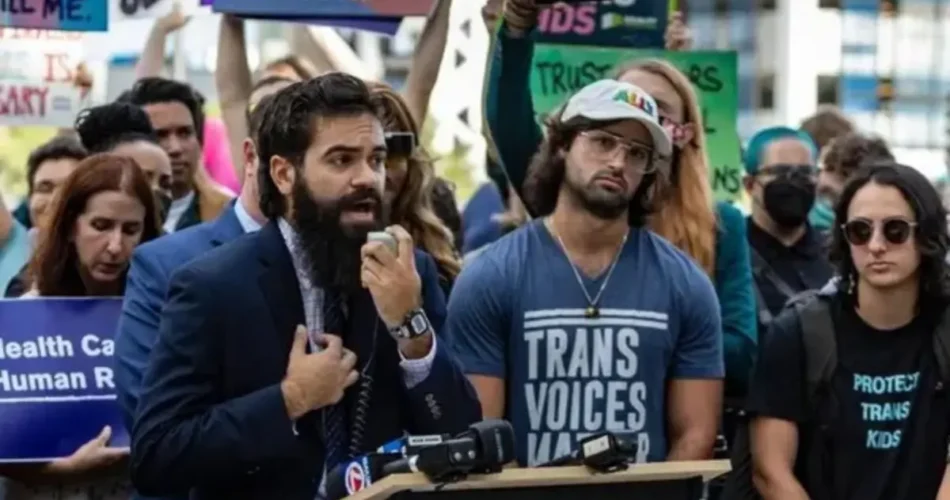In a landmark decision on August 26, 2024, a federal appeals court cleared the way for Florida to enforce a ban on gender-affirming care for minors1. This ruling has reignited a fierce debate across the United States about the rights of transgender youth and the role of state governments in regulating medical care.
The law, which was initially blocked by a lower court, prohibits transgender minors from being prescribed puberty blockers and hormonal treatments, even with parental consent. The decision by the 11th U.S. Circuit Court of Appeals in Atlanta has significant implications, as it allows the state to enforce these restrictions while the legal battle continues.
A Divisive Issue
Supporters of the ban argue that it is necessary to protect children from making irreversible medical decisions at a young age. They claim that minors are not mature enough to understand the long-term consequences of such treatments. Florida’s attorneys have emphasized that the state has the right to regulate medical care to ensure the safety and well-being of its residents.
On the other hand, opponents of the ban, including many medical professionals and LGBTQ+ advocacy groups, argue that gender-affirming care is essential for the mental and physical health of transgender youth. They contend that denying these treatments can lead to severe psychological distress and increased risk of suicide among transgender minors. The American Medical Association and other major medical organizations have consistently supported access to gender-affirming care for minors, citing extensive research on its benefits.
Nationwide Implications
Florida is not alone in its efforts to restrict gender-affirming care for minors. At least 26 states have adopted similar laws, and many of these states are facing legal challenges. Federal judges have struck down bans in Arkansas and Florida as unconstitutional, but appeals are ongoing. The outcome of these cases could set important precedents for the future of transgender rights in the United States.
Voices from the Community
The ruling has elicited strong reactions from both sides of the debate. Transgender rights activists have organized protests and rallies, calling for the protection of transgender youth and their right to access necessary medical care. Parents of transgender children have shared emotional stories about the positive impact of gender-affirming treatments on their children’s lives.
Meanwhile, conservative groups have praised the court’s decision, arguing that it upholds parental rights and protects children from potentially harmful medical interventions. The debate over transgender rights and medical care for minors is likely to continue, with significant implications for the LGBTQ+ community and the broader fight for civil rights in the United States.
As the legal battles unfold, the eyes of the nation remain fixed on Florida and the broader implications of this controversial ruling.

